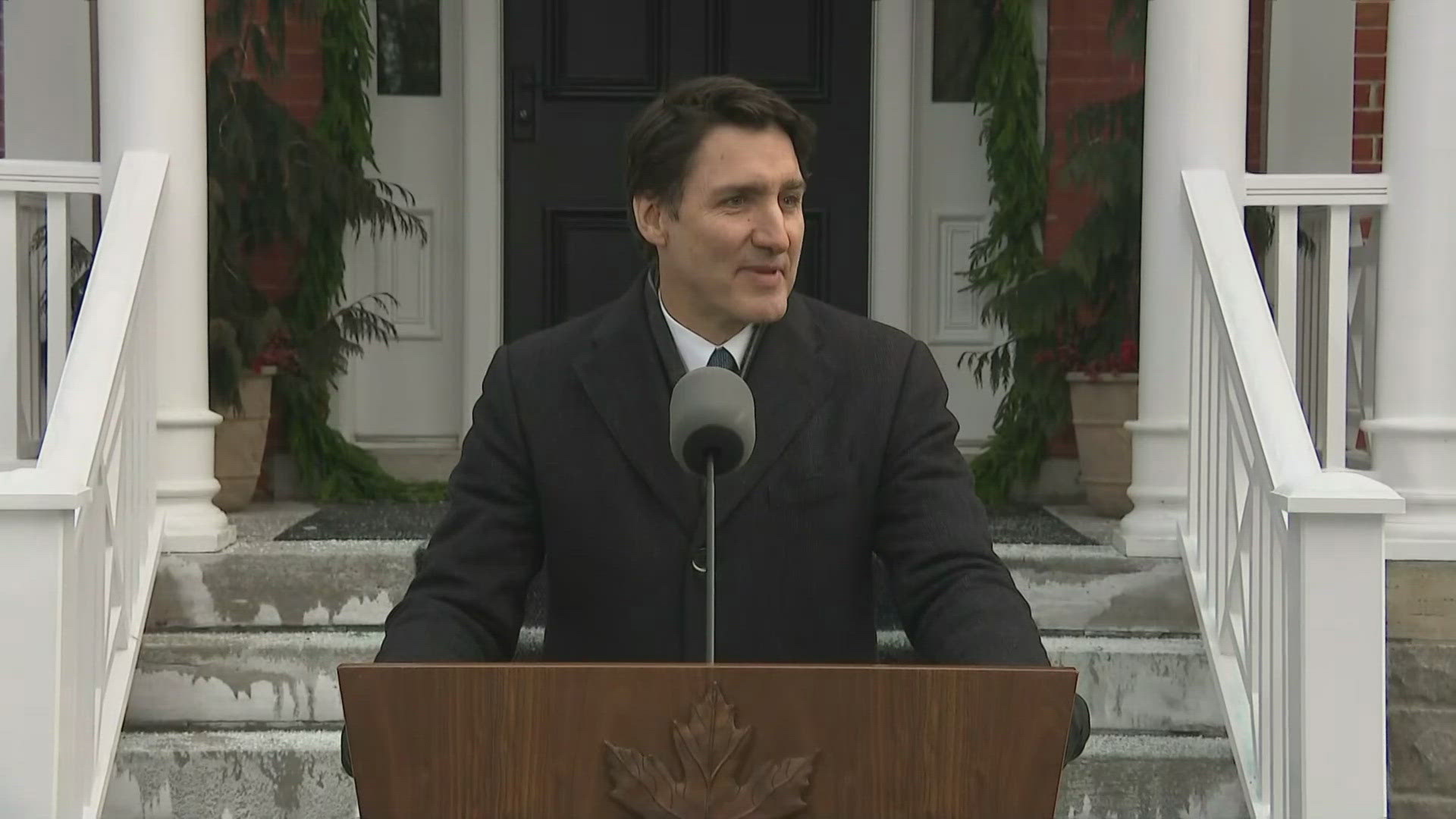After Vice President Kamala Harris’ close loss in the 2024 elections, many political analysts observed a global shift that seemed to offer some comfort to Democrats. Across the world, in the aftermath of the COVID-19 pandemic and its economic fallout, voters began turning away from incumbent parties, regardless of their political orientation.
This trend, seen in countries from the left to the right of the political spectrum, suggested that discontent with leadership was not confined to one region or ideology but had become a widespread phenomenon.
John Burn-Murdoch’s report in the Financial Times underscored this international political wave. He pointed out that governing parties in numerous countries, from the Democrats in the U.S. to the Tories in the UK and the Liberal Democrats in Japan, all faced significant losses in 2024. Even India’s BJP, which had enjoyed dominant rule, saw its political fortunes falter.
The pattern of discontent across the globe was striking, and Burn-Murdoch noted that it had not been seen to this extent in more than a century.
This global pattern suggested that the challenges of governing in the post-pandemic world were universal. Economic recovery struggles, inflation, and public dissatisfaction with the handling of these crises seemed to unite voters in their rejection of sitting leaders. The scope of the political reversals suggested that no nation, regardless of its political system or economic position, was immune from the consequences of these turbulent times.

In Canada, the trend reached Prime Minister Justin Trudeau, who, facing mounting pressure from his own political allies, announced he would step down as the leader of the Liberal Party. Trudeau, who had led the country since 2015, stated that he would resign after his party selects a new leader but would remain as prime minister until then. His announcement marked the beginning of a leadership contest within the Liberal Party, signaling a shift in Canadian politics.
In the United States, Donald Trump may not be particularly sympathetic to Trudeau’s departure. The two leaders have had a tense relationship over the years, including a 2019 NATO summit incident where Trudeau was caught on tape mocking Trump.
Trump also fueled conspiracy theories about Trudeau’s background and more recently made dismissive comments about him, even referring to the Canadian prime minister as “governor.” With national elections in Canada scheduled for October, the future of Trudeau’s leadership and the Liberal Party’s position in the House of Commons remain uncertain.
